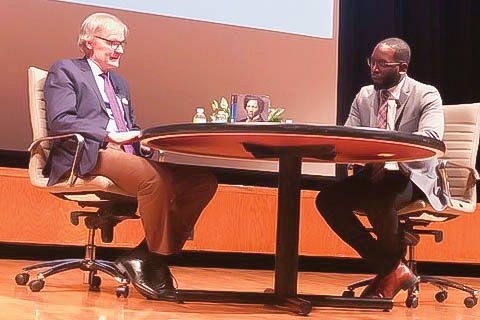

Chapter 19: Chapter 15: John Brown Could Die for the Slave.Chapter 18: Chapter 14: My Voice, My Pen, or My Vote.Chapter 17: Chapter 13: By the Rivers of Babylon.Chapter 16: Chapter 12: My Faithful Friend Julia.Chapter 15: Chapter 11: Demagogue in Black.Chapter 14: Chapter 10: Send Back the Money!.Chapter 13: Chapter 9: The Thought of Writing for a Book!.Chapter 12: Chapter 8: Garrisonian in Mind and Body.Chapter 10: Chapter 6: Living a New Life.Chapter 9: Chapter 5: Now for Mischief!.Chapter 7: Chapter 3: The Silver Trump of Knowledge.Chapter 6: Chapter 2: A Childhood of Extremes.After the war he sometimes argued politically with younger African Americans, but he never forsook either the. In his unique and eloquent voice, written and spoken, Douglass was a fierce critic of the United States as well as a radical patriot.

By the Civil War, Douglass had become the most famed and widely travelled orator in the nation. Initially mentored by William Lloyd Garrison, Douglass spoke widely, using his own story to condemn slavery. His very existence gave the lie to slave owners: with dignity and great intelligence he bore witness to the brutality of slavery. He was fortunate to have been taught to read by his slave owner mistress, and he would go on to become one of the major literary figures of his time. “Extraordinary…a great American biography” (The New Yorker) of the most important African-American of the nineteenth century: Frederick Douglass, the escaped slave who became the greatest orator of his day and one of the leading abolitionists and writers of the era.Īs a young man Frederick Douglass (1818–1895) escaped from slavery in Baltimore, Maryland. **Winner of the Pulitzer Prize in History**


 0 kommentar(er)
0 kommentar(er)
